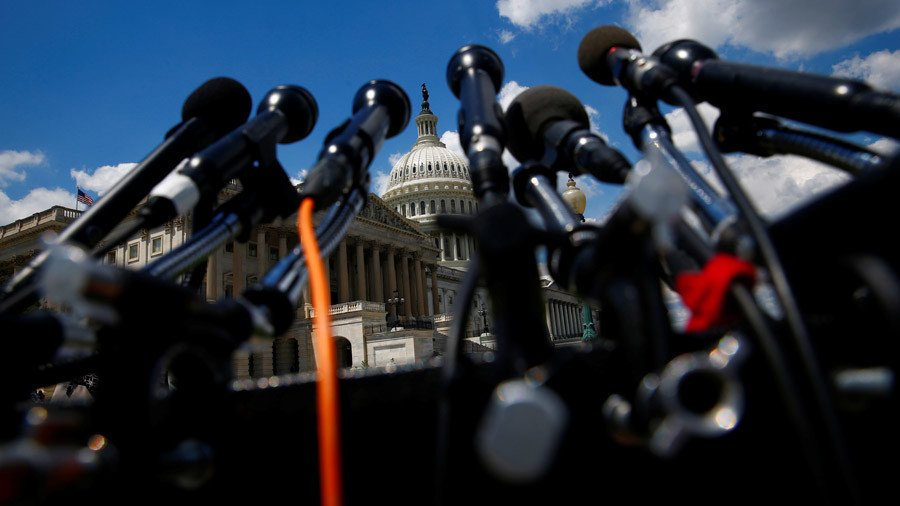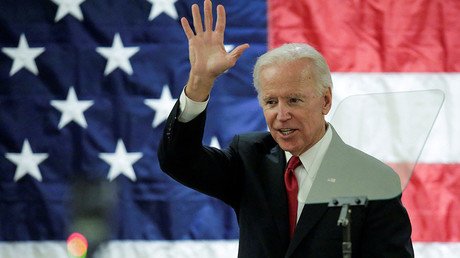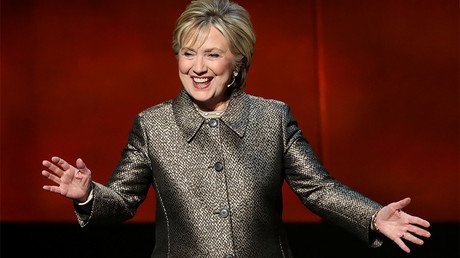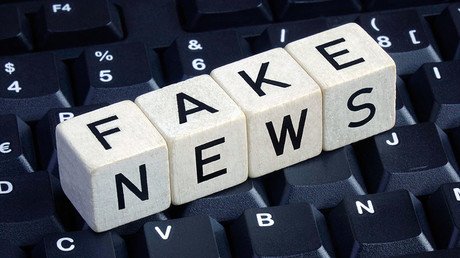'Media malpractice': MSM covering 'Russia meddling' with no evidence, says New York Uni professor

US media and government members baselessly accuse Russia of influencing the 2016 presidential election, presenting any attempt to improve relations with Moscow as treason, Professor of Russian Studies Stephen Cohen says.
Cohen, who is a professor emeritus of Russian studies at New York University and a contributing editor at The Nation, made his latest comments during an interview with Fox News on Friday. He pointed out that mainstream media continue to use allegations such as the claim Russia “hacked” America’s democracy, often citing 17 intelligence agencies as supporting this conclusion. This citation was ultimately proved untrue, Cohen stressed.
"Turned out it was a few people and a couple intelligence agencies," Cohen told Fox News’ Tucker Carlson. He proceeded to note that a recent Washington Post article"goes back to this claim that it's a consensus of intelligence agencies... it's simply not true."
"I have never seen media malpractice like this before in my life," Cohen, who also worked as a consultant for CBS News, said. "What that constitutes is essentially making allegations for which there is no verified facts, information, or evidence, and then basing your commentary on it."
Cohen also described allegations that "somehow [US President Donald] Trump has been compromised by [Vladimir] Putin, the leader of Russia… when Trump does diplomacy with Putin, the New York Times literally calls it treason. I've never seen anything like this before."
Going back to the Washington Post article, Cohen said the report "said something amazing" – that Trump has an "aversion to this Russiagate intelligence." This isn't a bad thing, the professor believes, as "a president who is skeptical about intelligence, critical minded of it, is a good president."
To support that claim, he cited other times in history when the US would have been better off if its leaders had been equally skeptical of intelligence. "How nicer would it have been if John F. Kennedy had an aversion to the intelligence that led to the Bay of Pigs? How nicer would it have been if President Johnson had an aversion to the intelligence that led us ever deeper into Vietnam? Nobody need recall Bush's reliance on intelligence when we went to war in Iraq..."
In conclusion, Cohen said he has looked hard for evidence that Russia influenced the 2016 presidential election, but simply can't find it. "I've looked here in America, but I've also looked in Moscow. When I'm there, I ask people I know and yes, I confess I do know people who are or have been Russian intelligence agents. I haven't found anybody in Moscow who believes this story."
Cohen's comments come as special counsel Robert Mueller continues to lead the investigation into alleged Russian meddling, despite a complete lack of evidence that Moscow interfered in the 2016 election process in any way. Trump has called the probe a "witch hunt," while Putin has said the accusation is the result of Hillary Clinton's supporters not wanting to admit the Democratic candidate lost the election fair and square.
“They are absolutely reluctant to admit this, and prefer deluding themselves and others into thinking it was not their fault, that their policy was correct, they did all the right things, but someone from the outside thwarted them. But it was not so. They just lost and they have to admit it,” Putin told French newspaper Le Figaro in May.















